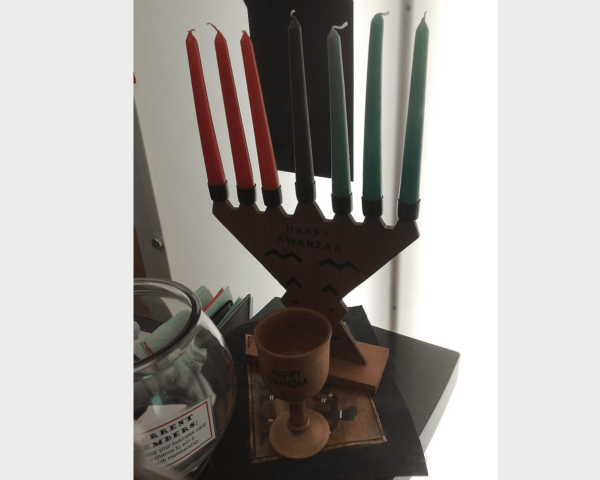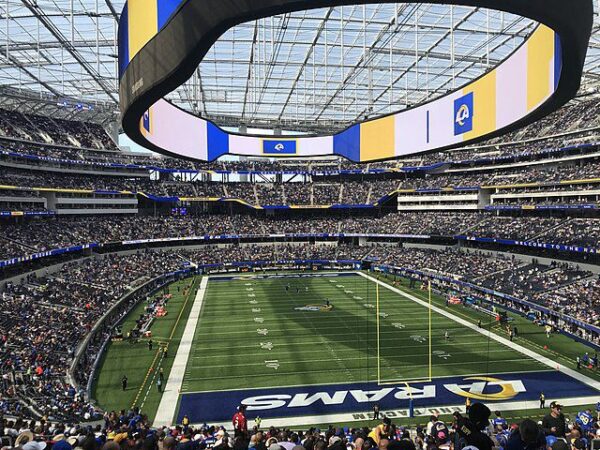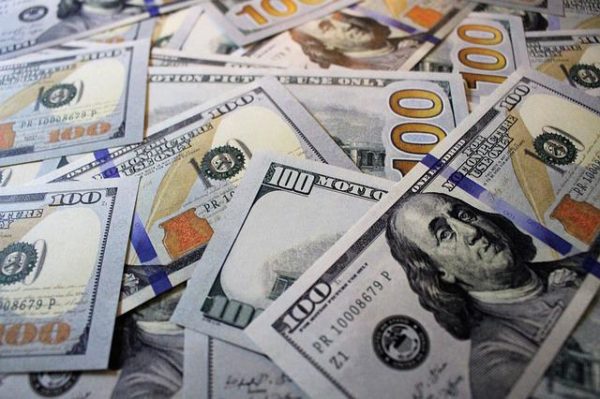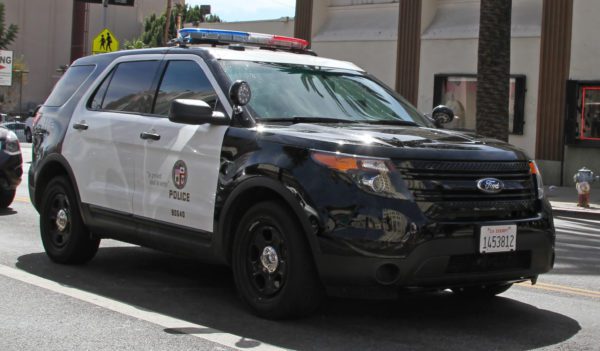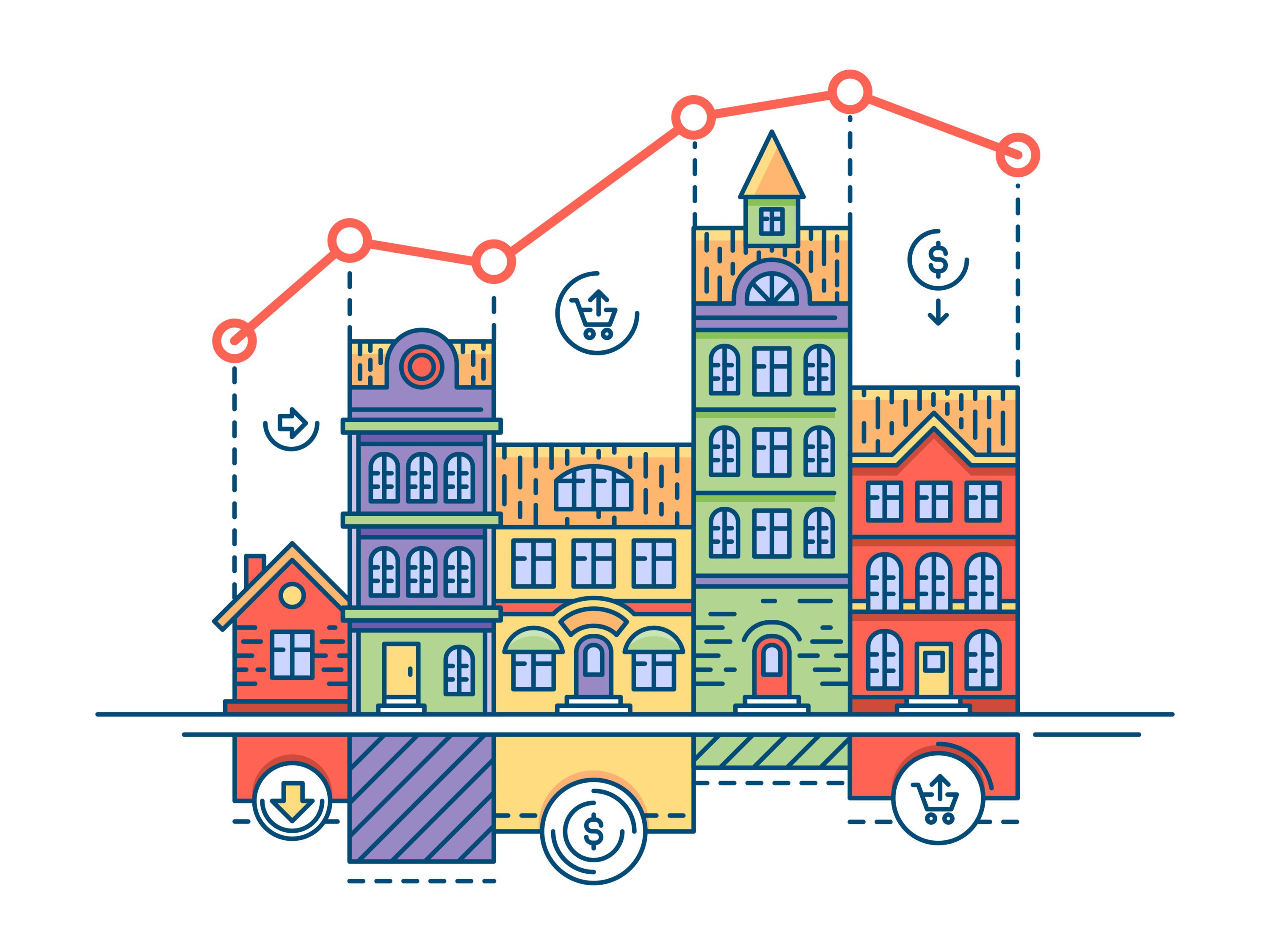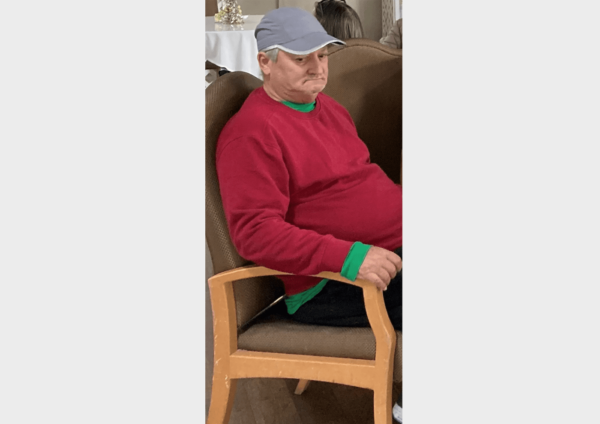The 46th edition of what organizers say is the world’s oldest Kwanzaa parade will be held Monday in South Los Angeles to mark the start of the seven-day African-American festival.
The KwanZaa Gwaride is set to begin at 11 a.m. at Adams and Crenshaw boulevards, then head south on Crenshaw Boulevard for two miles to Leimert Park, where a vendor and entertainment festival will be held. The festival will include libations honoring the ancestors, jazz, R&B, reggae and spoken word performances and African drumming.
The theme of this year’s event is “Kila Kitu KwanZaa” and will feature the history, origins, spirituality, and impact of Kwanzaa on the African diaspora in communities nationwide.
Kila Kitu is the Swahili term for everything.
The parade will include car clubs, classic cars, skateboarders, maskers and community activists.
The parade’s oba (king) will be Torre Brannon Reece, the founder and director of the mentoring and school-based art program FA-MLI Inc.
The iyada (queen) will be Crystal Mitchell, a co-director of Recycling Black Dollars, a nonprofit corporation that encourages supporting Black-owned businesses.
The 2022 Kwanzaa theme is “Kwanzaa, Culture and the Practice of Freedom: A Message and Model For Our Times.”
“This year’s Kwanzaa theme self-consciously focuses on the foundational right and practice of freedom,” Maulana Karenga wrote in his annual founder’s message.
“I speak here of freedom in its inclusive sense, not only freedom from domination, deprivation and degradation so rampant and ruinous in the world, but also of freedom to be ourselves, to express and develop ourselves, to grow and flourish and come into the fullness of ourselves.”
Karenga, chair of Africana Studies at Cal State Long Beach, created Kwanzaa in 1966 in what he called “an audacious act of self-determination.”
“Kwanzaa is and has always been also a celebration of freedom, a celebration of hearts and minds free from the negative conceptions, the catechism of impossibilities and forms and practices of oppression taught and imposed by a racist society,” Karenga wrote in the founder’s message.
“And it was and is a celebration of our freedom to see, express and sing ourselves in dignity-affirming, life-enhancing, world-preserving and liberating ways.”
Kwanzaa’s focus is the “Nguzo Saba,” the Seven Principles, all of which are Swahili words. Each night is dedicated to one of the principles, beginning with Umoja — or unity — expressing the goal of striving for and maintaining unity in the family and community.
The principle for the second night is Kujichagulia, self-determination, “to define and name ourselves, as well as to create and speak for ourselves.”
The principle for the third night is Ujima.
“One of my favorite principles is Ujima. Ujima means collective work and responsibility in an effort to build and maintain our community,” Los Angeles Mayor Karen Bass told City News Service. “It means making the problems of our brothers and sisters, our problems.
“I can think of no greater time this has been needed than right now — as our city faces a crisis of 40,000 Angelenos sleeping on the street each night. I hope this holiday season that we lock arms and work together for a brighter future for all of Los Angeles.”
The other principles are Ujamaa, cooperative economics; Nia, purpose; Kuumba, creativity; and Imani, faith.
During the week, a candelabrum called a Kinara is lit, and ears of corn representing each child in the family are placed on a traditional straw mat.
African foods such as millet, spiced pepper balls and rice are often served. Some people fast during the holiday and a feast is often held on its final night.
A flag with three bars — red for the struggle for freedom, black for unity and green for the future — is sometimes displayed during the holiday.
Kwanzaa is based on the theory of Kawaida, which espouses that social revolutionary change for Black America can be achieved by exposing Blacks to their cultural heritage.
A Kwanzaa celebration will be held at Ovation Hollywood from noon-4 p.m. Tuesday. The celebration at the shopping complex formerly known as Hollywood & Highland will include free coffee and a food bar, a poetry jam by Jamai Fisher, a performance by the Ujima Dance Troupe and a children’s crafts corner.
Kwanzaa celebrations will be held at the African American Cultural Center of Long Beach from 6-8 p.m. Tuesday and Wednesday.
Tuesday’s celebration will include storytelling by Baba the Storyteller, one of the few recognized U.S.-born practitioners of the ancient West African storytelling craft known as Jaliyaa, along with jazz, West African drum and dance performances.
A $10 donation is suggested. Wearing a face mask is preferred.
Pasadena’s 34th annual Kwanzaa celebration will be conducted from 11 a.m.-12:15 p.m. Tuesday through Zoom and include music and storytelling. Registration can be made at pasadena.evanced.info/signup/EventDetails?EventId=6717.

